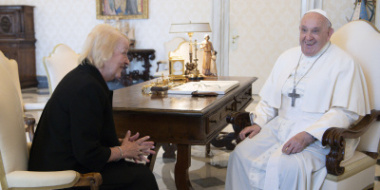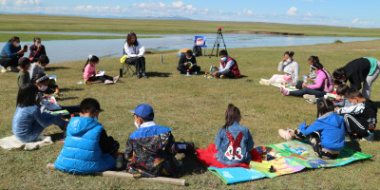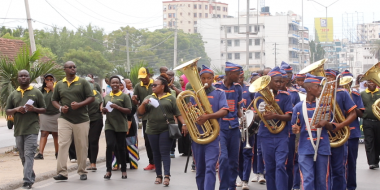Primeros resultados sobre HIV presentados a la Municipalidad de San Pedro Sula
NOTA DE PRENSA - SAN PEDRO SULA, 3 de noviembre de 2016 - La Organización Internacional de Derecho para el Desarrollo (IDLO por sus siglas en inglés) presentó los avances y primeros resultados de la cooperación técnica brindada a la Municipalidad de la San Pedro Sula en el marco del Programa de Reducción de Homicidios y Violencia a través del Acceso a la Justicia en Honduras (RHAJ).














